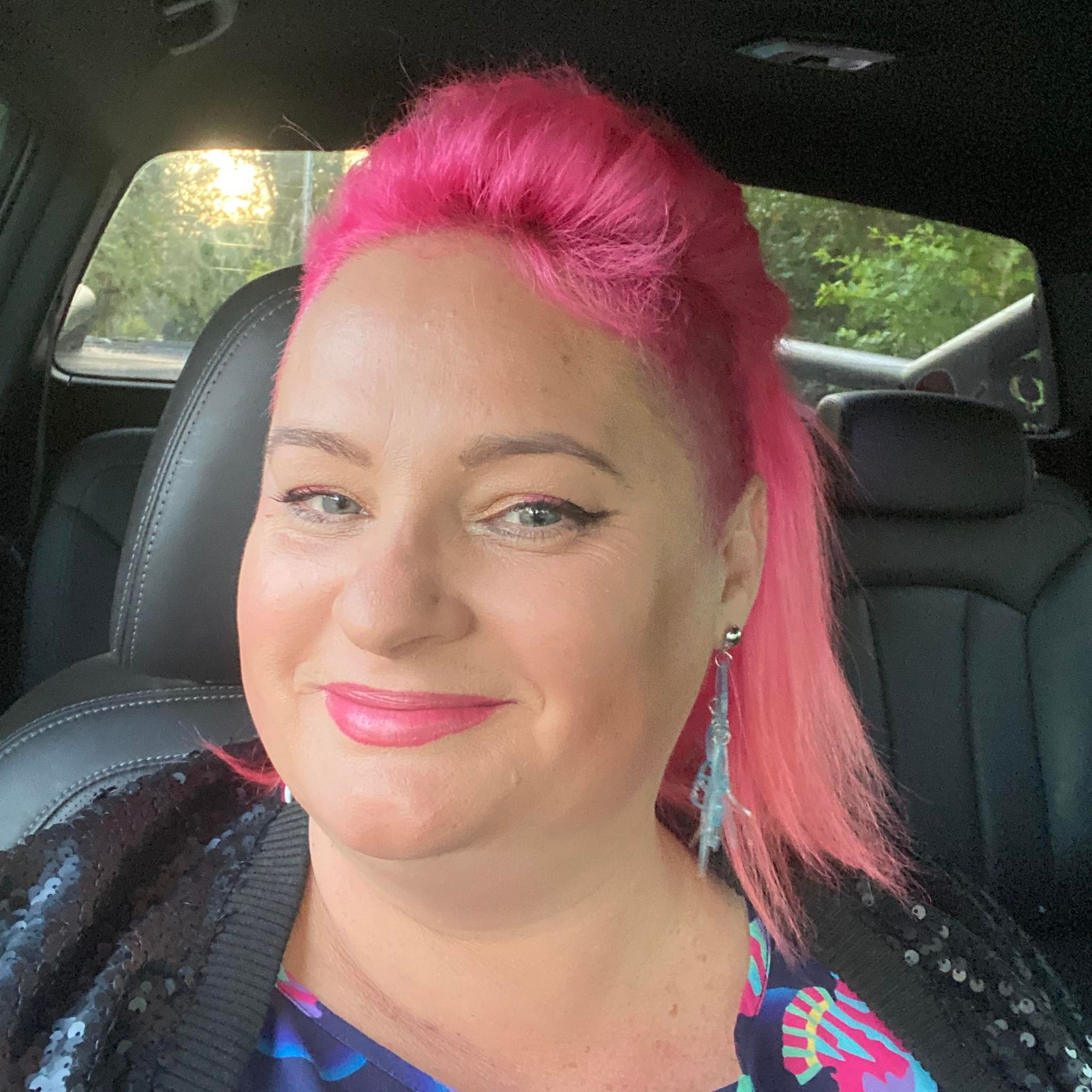In today's highly digital world, having a website is a must for any business. But what type of website does your business need? Understanding the different types of websites available and what each can offer can help you make an informed decision. We'll explore different types of websites, their features, benefits, and drawbacks, to provide Australian business owners, farmers, and tradies with the knowledge they need to choose the right type of website for their business.
Brochure websites
Brochure websites are simple, informative websites that provide basic information about your business, services, and products. They are usually static and have no interactive features. Brochure websites are suitable for small businesses with limited content and no need for regular updates. They are easy to build, quick to launch, and affordable. This is the bare minimum of sites. You can definitely build on them and they are a great starting point for those with tight budgets or start-ups.
Lead Generating websites
A Lead Generating website is more than a brochure site. It's designed to help businesses generate more leads. It typically works by collecting detailed information from users and then showing them ads or other offers that may be relevant to them. This type of website can be used for a variety of purposes, such as increasing sales, building an email list, or even targeting potential customers with a customized message. Lead Generating websites can also provide valuable insights into customer behaviour and preferences, allowing companies to create targeted marketing campaigns and improve their customer service. Additionally, they can provide analytics data to help further optimize marketing efforts for maximum return on investment.
E-commerce websites
E-commerce websites are online stores that allow businesses to sell products and services directly to customers. They feature a shopping cart, checkout, and payment gateway, among other features. E-commerce websites are ideal for businesses that sell products online and need a platform to manage their sales and inventory. E-commerce websites require more investment and maintenance than brochure websites, but they also offer more opportunities for revenue and growth. We use Shopify for our client's e-commerce sites.
Blog websites
Blogs are websites that publish regular articles and posts on various topics related to your business, industry, or niche. They can help businesses establish their credibility and authority, attract traffic and engagement, and build relationships with customers. Blog websites are suitable for businesses that want to provide value-added content to their customers and establish themselves as thought leaders in their industry. Blog websites require regular updates, quality content, and an engaged audience to be effective.
Social media websites
Social media websites, such as Facebook, Twitter, and Instagram, are online platforms where businesses can create profiles, share content, and engage with customers. They are ideal for businesses that want to reach a wide audience, build their brand, and foster customer relationships. Social media websites are free to use, easy to set up, and offer various tools and features, such as advertising and analytics. However, social media websites are also crowded, noisy, and constantly changing, which can make it hard to stand out and stay relevant.
Custom websites
Custom websites are tailor-made websites that are designed and developed according to your specific requirements. They can offer unique features, functionality, and branding, and can be fully customized to your business needs and goals. Custom websites are ideal for businesses that have specific needs or want to differentiate themselves from their competitors. However, custom websites are also more expensive, time-consuming, and require a team of professionals to build and maintain.
Choosing the right type of website for your Australian business depends on several factors, such as your business size, goals, budget, and audience. While each type of website has its pros and cons, it's important to consider your business needs and objectives before making a decision. A website is an investment in your business, and choosing the right type of website can help attract customers, generate revenue, and build your brand.



